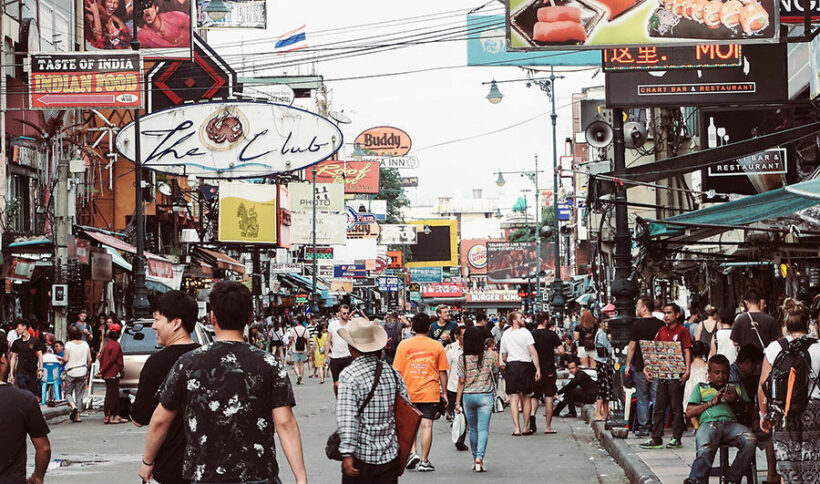Opinion divided on proposed 500 baht tourism tax

A plan to impose a 500 baht “tourism tax” on foreign arrivals from next year has divided opinion among tourism operators. A report by Nikkei Asia says some operators are concerned such a move could deter tourists, just as the country prepares to re-open. One of those is the president of the Thai Hotels Association, Marisa Sukosol Nunbhakdi.
“The fee to be implemented is considerably high for those visiting Thailand, where hotel rooms can be had for as little as 1,000 baht. The 500 baht will affect potential visitors’ decisions.”
Kongsak Khoopongsakorn from the THA’s southern chapter agrees that the tourism industry needs the funds, but believes the government, not tourists, should pay.
“We need the fund for several purposes to make our tourism industry grow sustainably. But I don’t think the fund should be obtained from tourists.”
Meanwhile, the former chairman of the Tourism Council of Thailand, Chairat Trirattanajaraspon, says now is the time to introduce such a tax, as the tourism sector emerges from the financial devastation caused by Covid-19.
“I think this is a good time to implement the tax, as the Covid-19 pandemic has already pointed out a clear need. The proposed fund would be a very useful mechanism to lend support to the tourism industry if we face another crisis in the future.”
The proposed fee was originally set at 300 baht, before being increased to 500 baht earlier this month. It is separate to the departure tax already levied on departing passengers and would be used to transform the country into an upscale market for foreign tourists. It still requires Cabinet approval before being implemented.
Thailand’s tourism sector previously accounted for 20% of GDP before being decimated by the Covid-19 pandemic. The country is taking baby steps to revive the industry, beginning with various sandbox schemes, and now proposing quarantine-free entry for vaccinated arrivals from low-risk countries.
For more information on how to get into Thailand during the pandemic, CLICK HERE.
SOURCE: Nikkei Asia
Latest Thailand News
Follow The Thaiger on Google News:


























